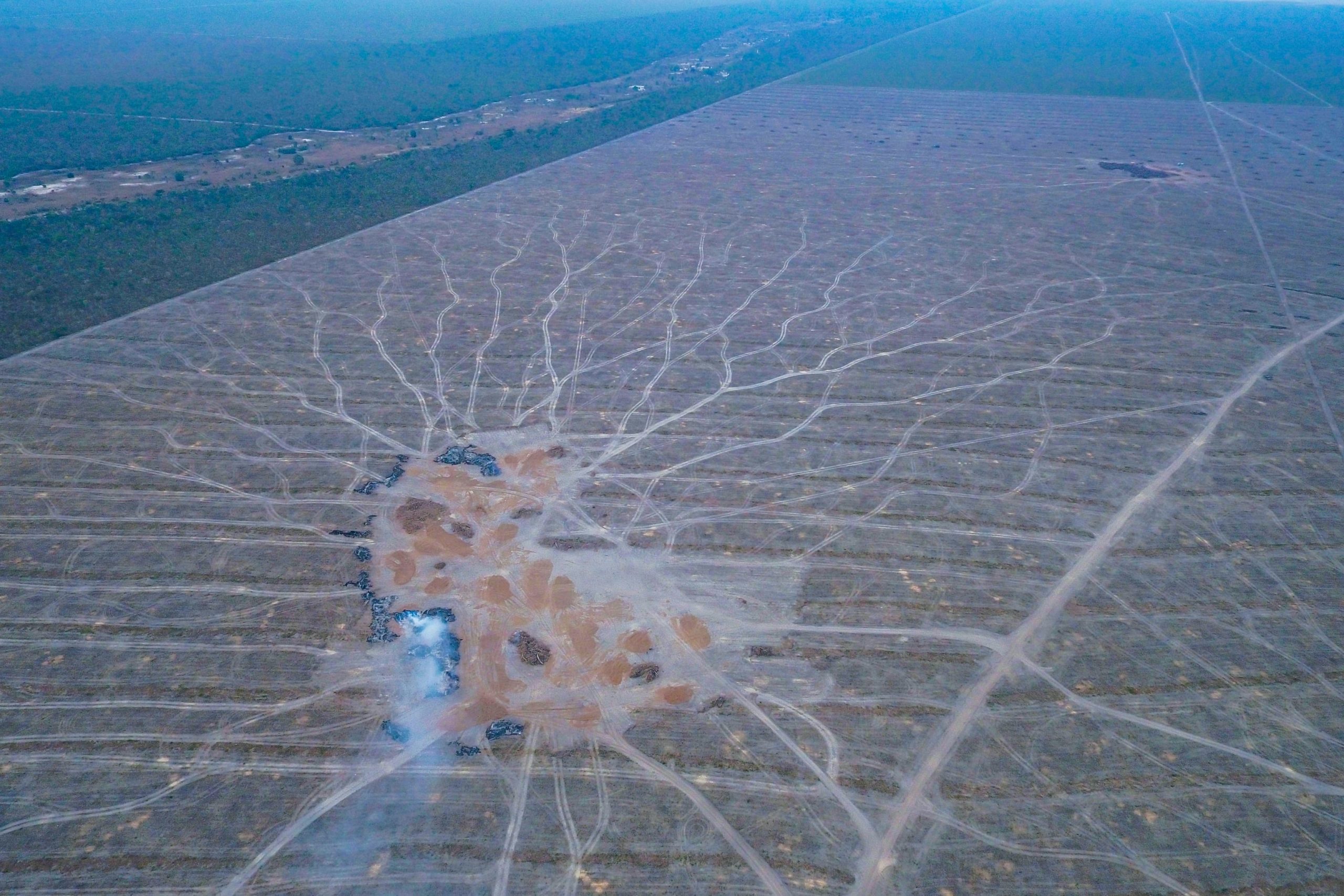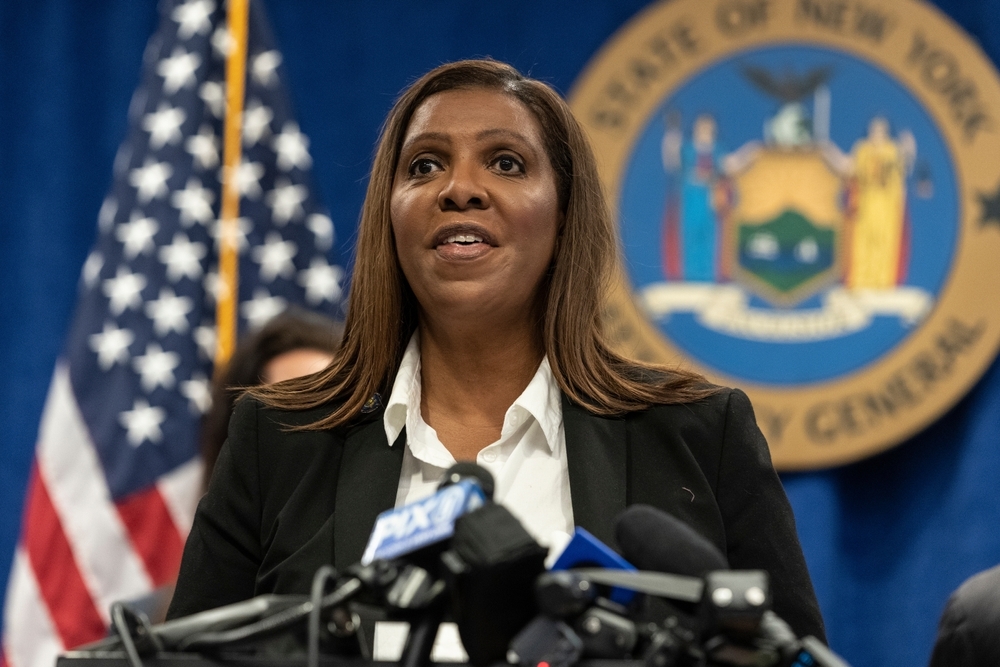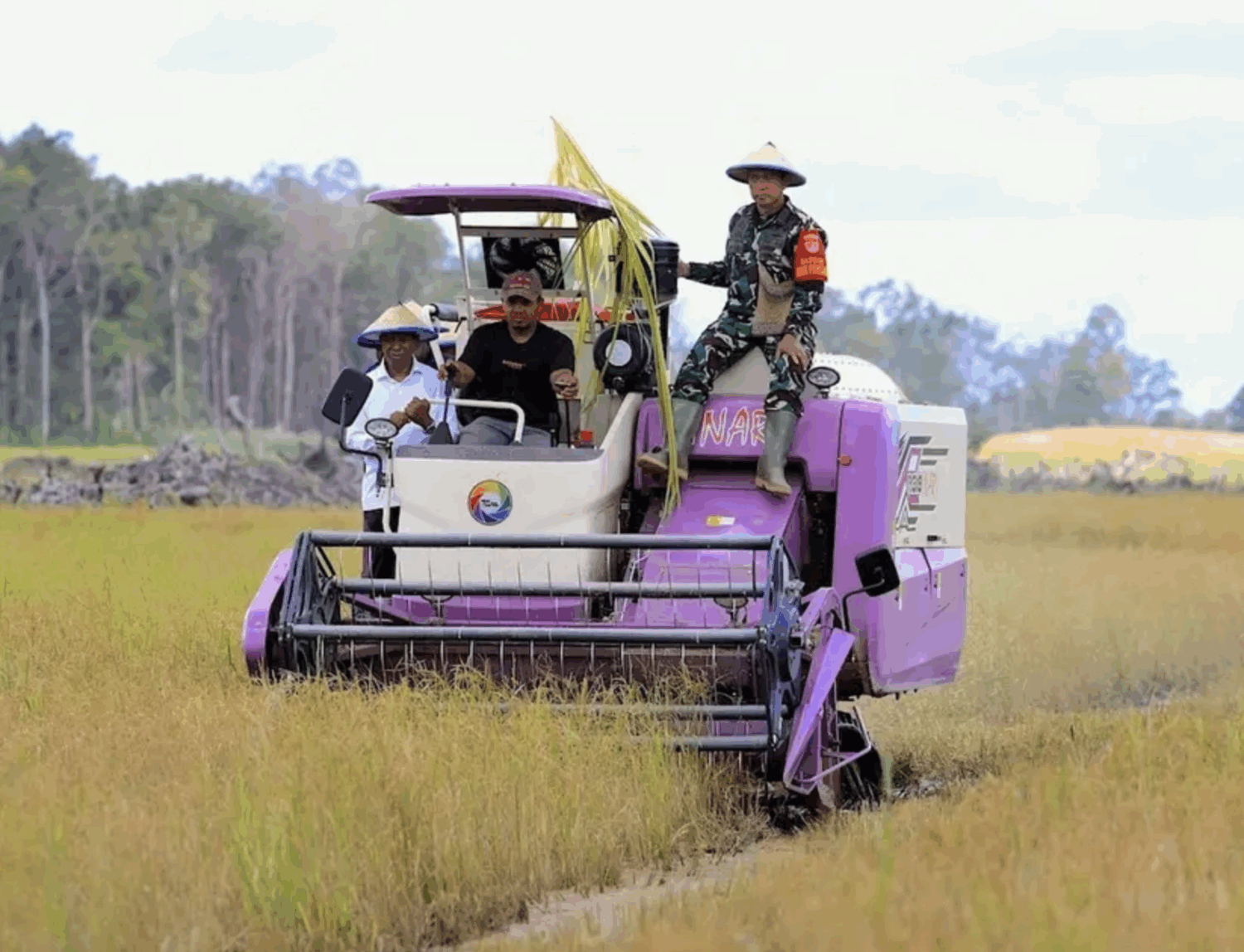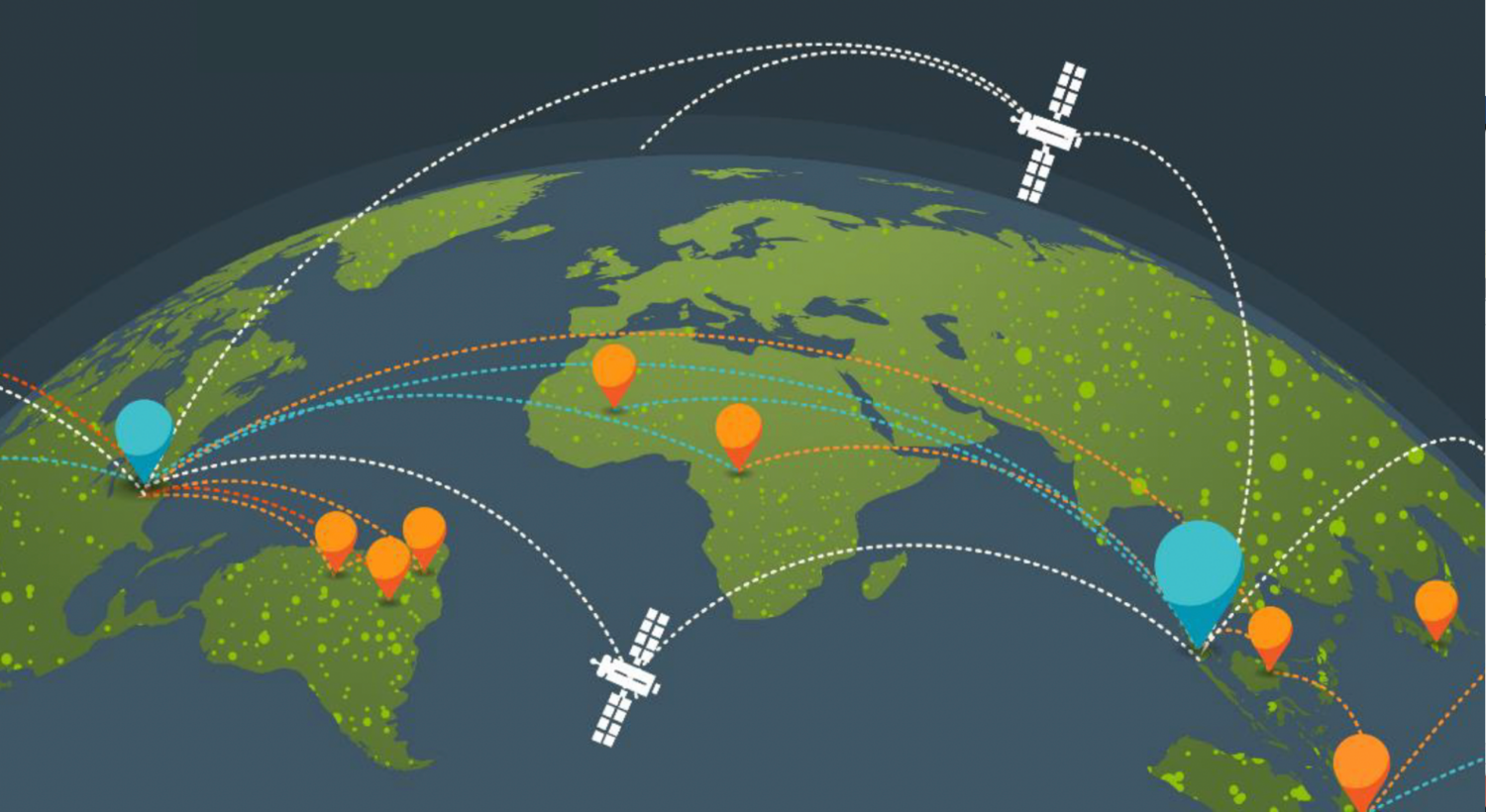
Still At It
Still At It
Cargill and Bunge Caught Destroying the Equivalent of 10,000 Football Fields for the Global Meat Trade
Read the Report: English Español Português
McDonald’s, Danone, Supermarkets Express Support for Action, but are Still Linked to Deforestation
WASHINGTON D.C., May 18, 2017- A new investigation by Mighty Earth utilized satellite imagery to find agriculture giants Cargill and Bunge driving new deforestation the size of about 10,000 football fields in Latin America– just months after these companies were linked to deforestation at the same sites in Bolivia’s Amazon basin and Brazil’s vast Cerrado savannah forest.
In the wake of the first investigation, those companies and their large corporate customers had pledged to act to prevent further deforestation, but the new evidence shows that their actions so far have been inadequate.
In just this small sample of South America’s soy belt, Mighty Earth’s investigation found a total of 60 square kilometers of new clearance (equivalent to approximately 10,000 football fields) on the farms it visited for the initial investigation, as well as 120 square kilometers of planned clearance—land that has been prepared to be bulldozed.
Cargill and Bunge – which supply feed for the chickens, pigs, and cattle that end up on dinner plates around the world – have so far obstructed efforts to extend their own highly effective forest protection system that has been running for 10 years in the Brazilian Amazon to the other soy-growing regions where they operate: the Bolivian Amazon, Brazil’s Cerrado, Paraguay and Argentina.
Meanwhile, major brands have called on Cargill and Bunge to act: after seeing the results of the investigation, companies including McDonald’s, Unilever, Walmart/Asda, Ahold, Carrefour, Mars Petcare, Dunkin’ Brands, Kellogg’s, Marks + Spencer, Tesco, Sainsbury’s, and Nestlé, have all stated their support for joint action, as have Cargill and Bunge’s competitors ADM, Louis Dreyfus and Wilmar. They join investors representing more than half a trillion dollars in assets under management, as well as the Brazilian Environment Minister.
“The tragedy of this continued deforestation is that it’s completely unnecessary,” said Glenn Hurowitz, CEO of Mighty Earth. “Cargill, Burger King, and the other food and agriculture companies have proven that they can expand agriculture production without sacrificing forests, but they’ve so far refused to do this. The ongoing, landscape-scale forest destruction of ecosystems illustrates the urgency for a comprehensive, effective solution.”
According to World Resources Institute, there are approximately 500 million acres of previously deforested and degraded land across Latin America and agriculture can be expanded on much of this land without sacrificing intact forests. Under the existing Soy Moratorium, Cargill, Bunge, ADM, Louis Dreyfus and others have been able to expand soy production by more than six million acres without sacrificing forests.
“We’ve seen in the Brazilian Amazon that soy crop expansion without deforestation is possible,” said Sharon Smith of the Union of Concerned Scientists. “Yet, industrial soy continues to expand at the expense of forests outside of the Brazilian Amazon. It is unnecessary, short-sighted and destructive to native ecosystems. Soy traders and their customers have an opportunity now to eliminate deforestation from their supply chains in other soy-growing regions. It’s a win-win for the environment, for the climate, and for consumers when these agricultural giants expand only onto previously cleared land.”
It’s estimated that extending the existing forest protection system to the other soy growing areas in South America would cost less than $1 million per year, or 1/75,000th the value of the global soy trade.
About Mighty Earth
Mighty Earth is a global environmental campaign organization that works to protect forests, conserve oceans, and address climate change. We work in Southeast Asia, Latin America, Africa, and North America to drive large-scale action towards environmentally responsible agriculture that protects native ecosystems, wildlife, and water, and respects local community rights. Mighty Earth’s global team has played a decisive role in persuading the world’s largest food and agriculture companies to dramatically improve their environmental and social policies and practices. More information on Mighty Earth can be found at https://mightyearth.org/.


